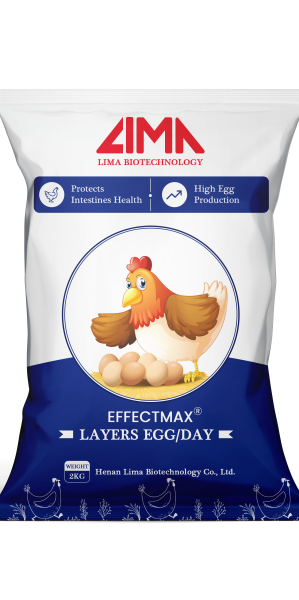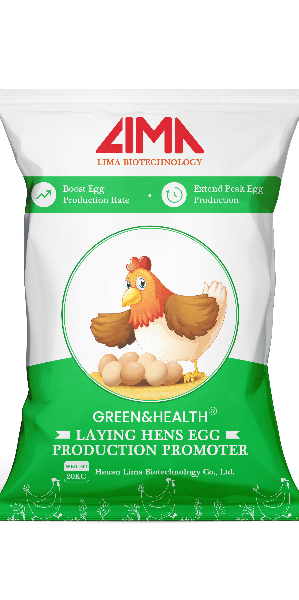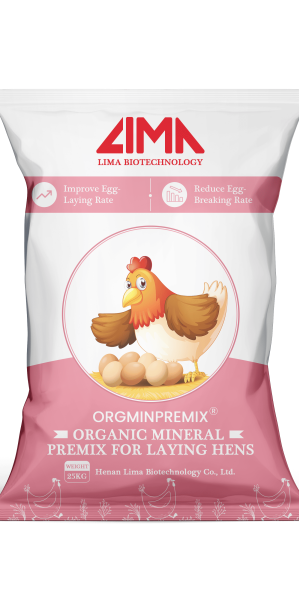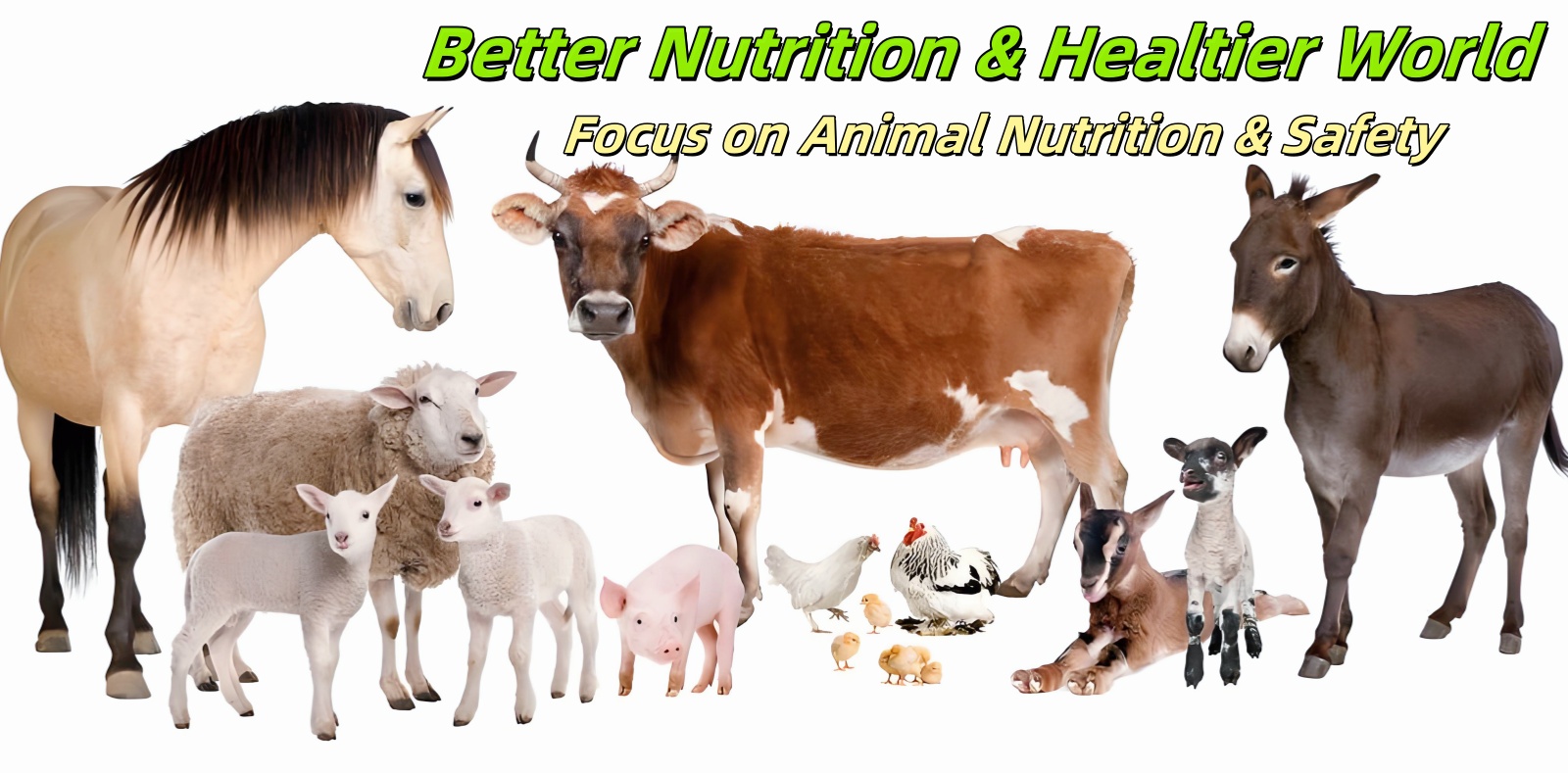The egg production of laying hens is an important indicator to measure the production capacity of laying hens. High egg production of laying hens can not only increase the egg production efficiency, but also increase the economic benefits of farmers.
However, in actual breeding, many farmers report that laying hens lay few eggs. And do not know how to make them lay more eggs. Today’s blog will tell you how to increase the egg production of laying hens.
1.Proper Feeding
The egg production of laying hens is related to feed nutrition. If the feed nutrition is too low, laying hens will not get enough energy, protein, vitamins and other nutrients, and the egg production will decrease.
Reasonable feed nutrition can effectively increase the egg production of laying hens. We need to scientifically formulate feed. According to factors such as the breed, age, and production stage of laying hens.
If the feed cannot meet the egg-laying needs of laying hens. We also need to add some nutritional additives.
Feed additives can be used to supplement multiple vitamins. Promoting the absorption of calcium and phosphorus. And promoting the development of the reproductive system to ensure egg production of laying hens. It can increase egg production and prolong the peak egg-laying period.
2.Improve the Production Environment
The production environment plays an important role in its production. Try to keep the chicken house dry, ventilated and at a suitable temperature.
In addition, increasing the lighting time can effectively increase the egg production of laying hens. Ensuring 14 to 16 hours of lighting time every day can greatly increase their egg production.
3. Use Feed Additives
It can be used during the laying period of laying hens. Feed additive can promote egg production, improve egg quality, and prolong the peak egg production period of chickens. It can be used in the early, peak, and late egg production period of chickens.
High-quality feed additives can help repair the reproductive system of laying hens. It can also promote the development, maturation, and ovulation of follicles and increase egg production.
Adding some effective feed additives can increase the egg production of hens. In daily feeding, we can feed laying hens with feed additives rich in vitamins A, D, E, trace elements and minerals. This can effectively increase the egg production rate of laying hens.

4. Provide Sufficient Water Sources
Water is an important material guarantee for hens to lay eggs. Lack of water will lead to a decrease in the number of eggs laid by hens. Therefore, it is necessary to ensure that the hens have sufficient clean drinking water. Avoid water pollution and water shortage.
5. Control the Lighting Time
The egg production of hens is closely related to the lighting time. Properly extending the lighting time can stimulate the development of the reproductive organs and egg production of hens.
The lighting time can be increased but not decreased. However, the maximum cannot exceed 17 hours/day. The light intensity cannot be weakened.
During the period of 130 to 140 days, the lighting time can be extended to reach the peak of egg production if the weight reaches the standard. At 210 days, the daily lighting time is increased to 14 to 15 hours and kept constant.
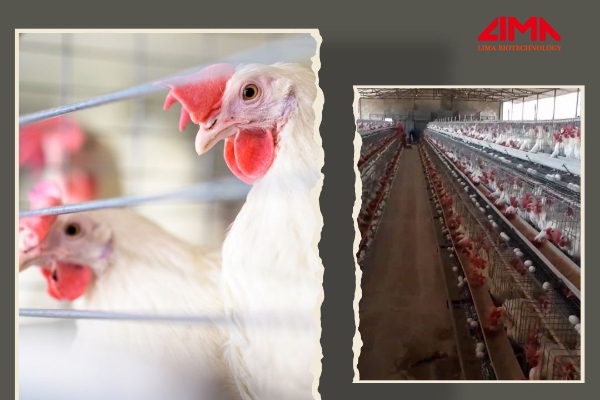
When the egg production rate begins to decline from the peak, the lighting time is gradually extended. The daily lighting time reaches 16 hours and remains constant until it is eliminated.
Summary
Through scientific feeding management, optimized feed formula, improved breeding environment, and other measures, the egg production rate of laying hens can be effectively improved and the breeding costs can be reduced.
In addition to factors such as breed, management, and epidemic prevention, feed quality and nutrition are important factors in achieving the highest egg production of hens at 72 weeks of age. The peak egg-laying stage is a period when laying hens are extremely susceptible to disease and stress.
Laying hens under stress have a poorer ability to absorb nutrients than normal. Therefore, to maintain and ensure the peak egg production rate of the flock, it is necessary to fully ensure the nutritional supply of the flock and maintain the health of the reproductive system. This requires high-standard feed additives.














